Francois Bayrou is the new prime minister of France following Michel Barnier’s resignation.
The centrist politician met President Emmanuel Macron at the Elysee Palace early this morning.
The 73-year-old is a crucial partner in Macron’s centrist alliance and has been a well-known figure in French politics for decades.
President Macron’s office said in a statement that Mr Bayrou “has been charged with forming a new government”.
The French government collapsed last week after Mr Barnier lost a vote of no confidence that was prompted by budget disputes.
Mr Barnier decided to use special powers to force a social security budget through the lower house of parliament without a final vote.
A last-minute concession was not enough to win support from the hard-right National Rally (RN).
It was the first time a French government had lost a confidence vote since 1962, and Mr Barnier subsequently tendered his resignation.
The 73-year-old was appointed in September and has become the shortest-serving prime minister in France’s modern Republic, after lasting just 90 days in the job.
Mr Barnier was appointed following surprise elections called by President Macron earlier this year, which led to shock results which left the government and the parliament in limbo.
The left-wing Popular Front alliance won the most seats – 193 – but it was far from the 289 needed for a majority.
Infighting among that alliance, which consists of seven parties, resulted in it being unable to agree on a candidate for prime minister.
Mr Macron’s centrist Ensemble alliance, which came second in the election, built a loose coalition with right-wing politicians, in particular the Republicans, of which Mr Barnier was a member and who the far-right National Rally had said they could work with.
But both the Popular Front and National Rally came together to bring down Mr Barnier last week.
Because his party does not have a majority, Mr Bayrou’s cabinet will be forced to rely on moderate politicians from the left and the right to be able to stay in power. Some conservatives are also expected to be part of the new government.
President Macron has vowed to stay in office until the end of his term in 2027 despite mounting pressure on the 46-year-old to quit.
He previously claimed that far-right and left-wing politicians had united in an “anti-Republican front” and added: “I won’t shoulder other people’s irresponsibility.”
Mr Macron’s wants to prevent far-right leader Marine Le Pen from holding “make or break” power over the government.
This breaking news story is being updated and more details will be published shortly.
Please refresh the page for the fullest version.
You can receive breaking news alerts on a smartphone or tablet via the Sky News app. You can also follow us on WhatsApp and subscribe to our YouTube channel to keep up with the latest news.





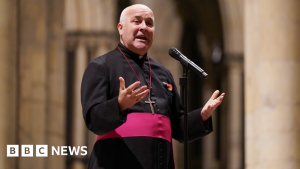








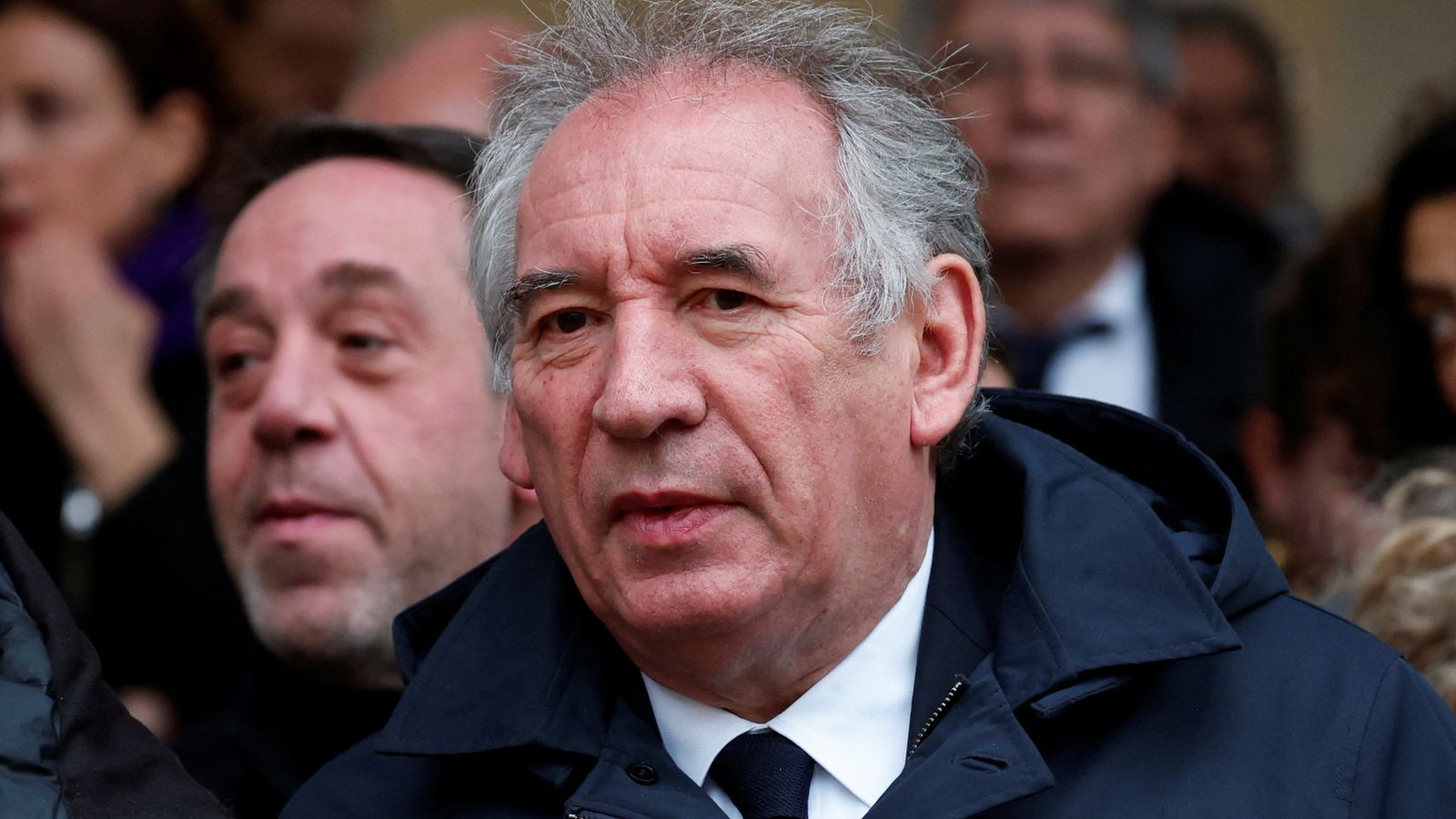

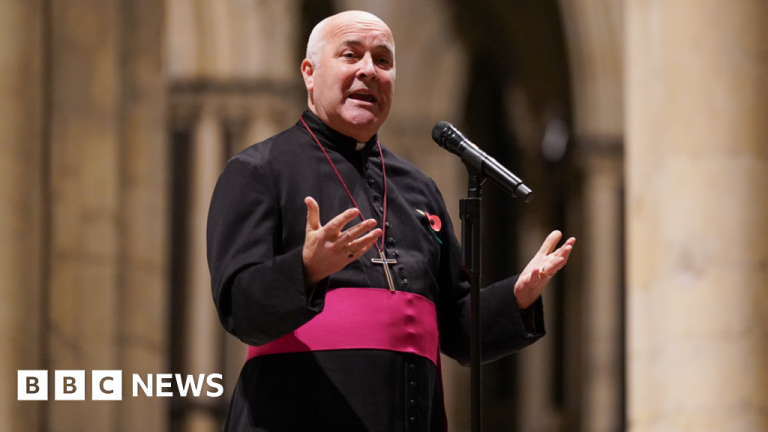

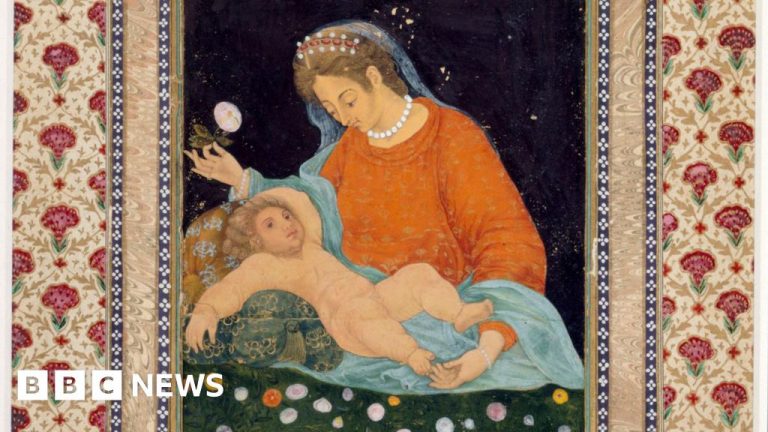

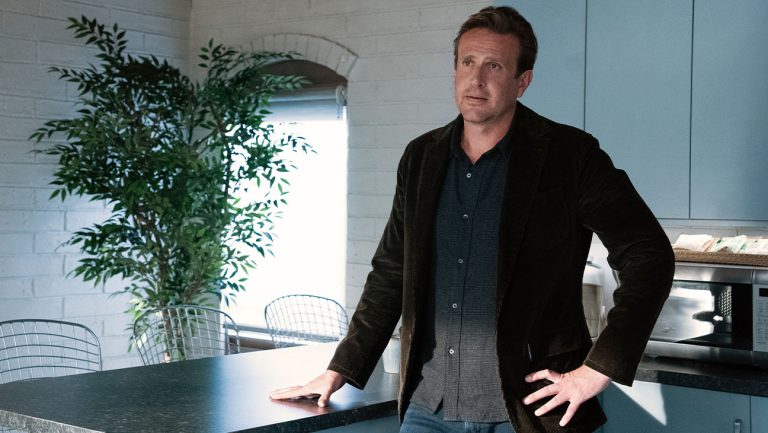




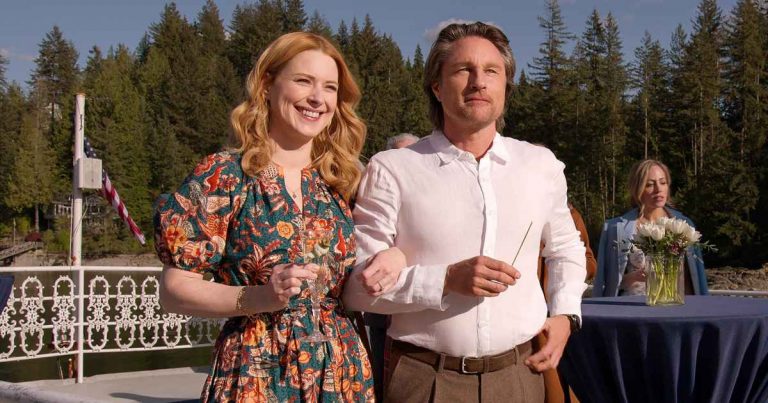


+ There are no comments
Add yours